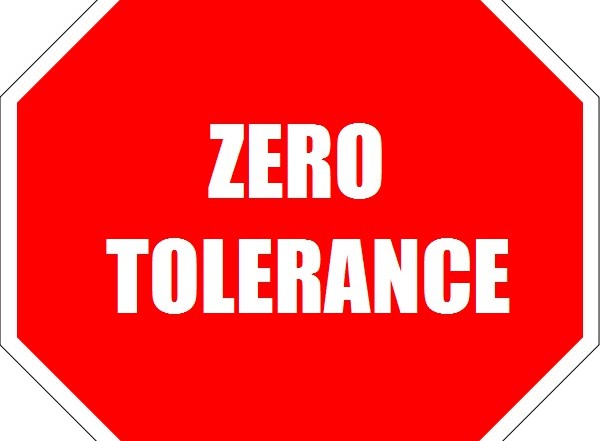Boston Pregnancy Discrimination Lawyer
For many women, pregnancy is an exciting yet overwhelming time, and the last thing a pregnant woman should worry about is job security. As long as they are physically capable of performing their job, pregnant women legally must be allowed to work. Unfortunately, pregnancy discrimination in the workplace does exist, and it is essential for women to understand what it is, how to recognize it, and what to do if they believe they are being discriminated against.
What is pregnancy discrimination?
Pregnancy discrimination is defined as treating an employee or applicant unfavorably or differently because of pregnancy, intent to be pregnant, childbirth, or a medical condition related to pregnancy. This can include harassing comments, changes to job duties or compensation, denial of a job or promotion, and more. It’s also important to note that because pregnancy and childbirth are gender-specific, pregnancy discrimination may also amount to sex discrimination under state and federal law.
What are the federal laws surrounding pregnancy discrimination?
The Pregnancy Discrimination Act, which is an amendment to Title VII of the Civil Rights Act of 1964, states that:
“Discrimination on the basis of pregnancy, childbirth, or related medical conditions constitutes unlawful sex discrimination under Title VII. Women affected by pregnancy or related conditions must be treated in the same manner as other applicants or employees with similar abilities or limitations.”
Under this law, employers may not treat employees and applicants who are affected by pregnancy or related conditions less favorably than employees who are affected by other conditions but who are similarly able or unable to work. The law also requires that an employee who has taken maternity leave be restored to her previous (or similar) position upon her return to employment including the same status, pay, length of service credit, and seniority held prior to the leave.
Are there Massachusetts-specific laws for pregnancy discrimination?
Yes. In April of 2018, the Pregnant Workers Fairness Act amended the current statute that prohibits discrimination in employment.
The amendment expressly prohibits employment discrimination on the basis of pregnancy and pregnancy-related conditions, such as lactation or the need to express breast milk for a nursing child. It also describes employers’ obligations to employees that are pregnant or lactating and the protections these employees are entitled to receive. Generally, the statute prohibits employers from treating employees or job applicants less favorably than other employees based on pregnancy or pregnancy-related conditions and confirms that employers are obligated to reasonably accommodate pregnant workers.
Additionally, employers are obligated, under certain circumstances, to provide women with voluntary leaves for the purposes of pregnancy, childbirth, pregnancy-related illness, and parenting under state and federal law. For more information about maternity leave and family laws, visit our FMLA page.
Am I a victim of pregnancy discrimination?
- Were you demoted, terminated, or pressured to quit after announcing your pregnancy?
- Did your work duties or job expectations change after telling your employer about your pregnancy?
- Was your job eliminated upon your return from maternity leave?
- Were you not given the proper time or space to express breast milk?
- Were you treated differently from other employees or given unsupported negative feedback or job warnings just because you were pregnant or because you just had your child?
If you answered yes to any of these questions, you may be a victim of illegal pregnancy discrimination, which is a violation of both Massachusetts and federal law.
I believe I’ve been discriminated against because of my pregnancy. Now what?
Located in Boston, Massachusetts, Greene and Hafer represents women who feel they have been victimized by pregnancy discrimination. With a firm of four women, all of whom have children themselves and more than 30 years of combined employment law experience, our attorneys are prepared to ensure your equal rights are recognized. To schedule an appointment with an experienced pregnancy discrimination lawyer, contact our Boston law office today.





